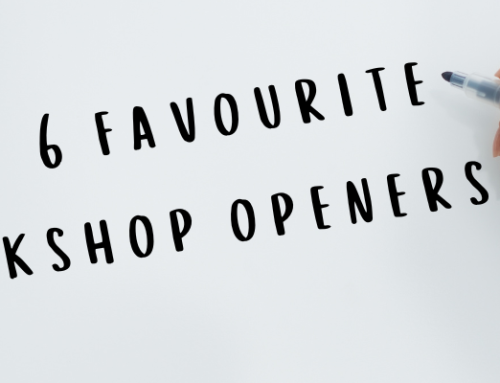Your assistance that never sleeps
Have you ever dreamed of having an assistant who is available around the clock for your creative ideas without ever needing a coffee break?
Enter the world of ChatGPT – the AI that never sleeps, always ready to deliver data and facts.
ChatGPT promises to make designing your events much easier without ever having a bad day.
But let’s keep it real and explore both the shining highs and the humble lows of this digital all-rounder.
The advantages of ChatGPT:
🚀 24/7 availability
:ChatGPT is always ready to help you plan and implement your event design, no matter what time of day or night.
🧠 Intelligent idea generation:
ChatGPT offers innovative and creative solutions for event design, from theme suggestions to detailed planning ideas.
🤖 Fast data analysis:
ChatGPT can process large amounts of information quickly to enable you to make informed decisions for event design.
💡 Tailor-made solutions
:ChatGPT adapts to your specific requirements and delivers personalized suggestions tailored to your event.
🌐 Versatile applications
:From small meetings to large conferences – ChatGPT can support and facilitate a wide range of event types.
But how do I use ChatGPT to help me with event design?
ChatGPT can
support. ChatGPT can help you with specific suggestions and the generation of creative examples. You can then use this useful input to create your own personal process for your
event in e.g
Sessionlab create.
To make the whole thing more concrete, we will show you an example. Let’s say we have to hold a presentation on “team building”. How do we proceed now?
Five useful ChatGPT prompts for your training
Open the ChatGPT page and enter the following prompts* in the input window.
*(A prompt is an instruction or input that serves as a trigger for a specific response or action in e.g. ChatGPT)
🤝 Interactive activities:
“Generate ideas for interactive and collaborative activities that are both fun and promote team dynamics and cooperation.”
💬 Discussion guidelines
:“Develop guidelines for moderated discussion groups that enable participants to share experiences and identify common challenges.”
📝 Feedback mechanisms:
“Design effective feedback mechanisms and reflection exercises to encourage participation and gain valuable insights for the team.”
🌟 Closing activity:
“Plan a creative closing activity that summarizes the main learnings of the day and motivates the team to put what they have learned into practice.”
ChatGPT provides you with good initial impulses here. The real work still comes from you. You can combine these ideas coherently into a fine event design and ChatGPT can also provide you with good supportfor feedback loops or small corrections .
Here is an impression of how ChatGPT handles the first prompt 🙂
The limits of ChatGPT:
🤖 Limited creativity:
ChatGPT can generate ideas, but it lacks human creativity and intuition, which are often crucial for unique and innovative event design.
🌐 Lack of understanding of cultural nuances:
ChatGPT may have difficulty understanding cultural nuances and local customs that may be important when planning events in different regions.
🚫 No emotional intelligence:
ChatGPT cannot react to emotions or the mood of an audience, which can be a disadvantage when designing events that are intended to generate emotional resonance.
💾 Data dependency:
The quality of ChatGPT’s suggestions depends heavily on the available data. Missing or outdated information can lead to less relevant or effective event design ideas.
🤷 Lack of understanding of group dynamics:
ChatGPT does not recognize and interpret complex human interactions and group dynamics, which can be crucial for effective training and facilitation.
Conclusion: A valuable tool for creative event design
NOTE:
Have fun trying it out!
Kind regards, Ben






Leave A Comment